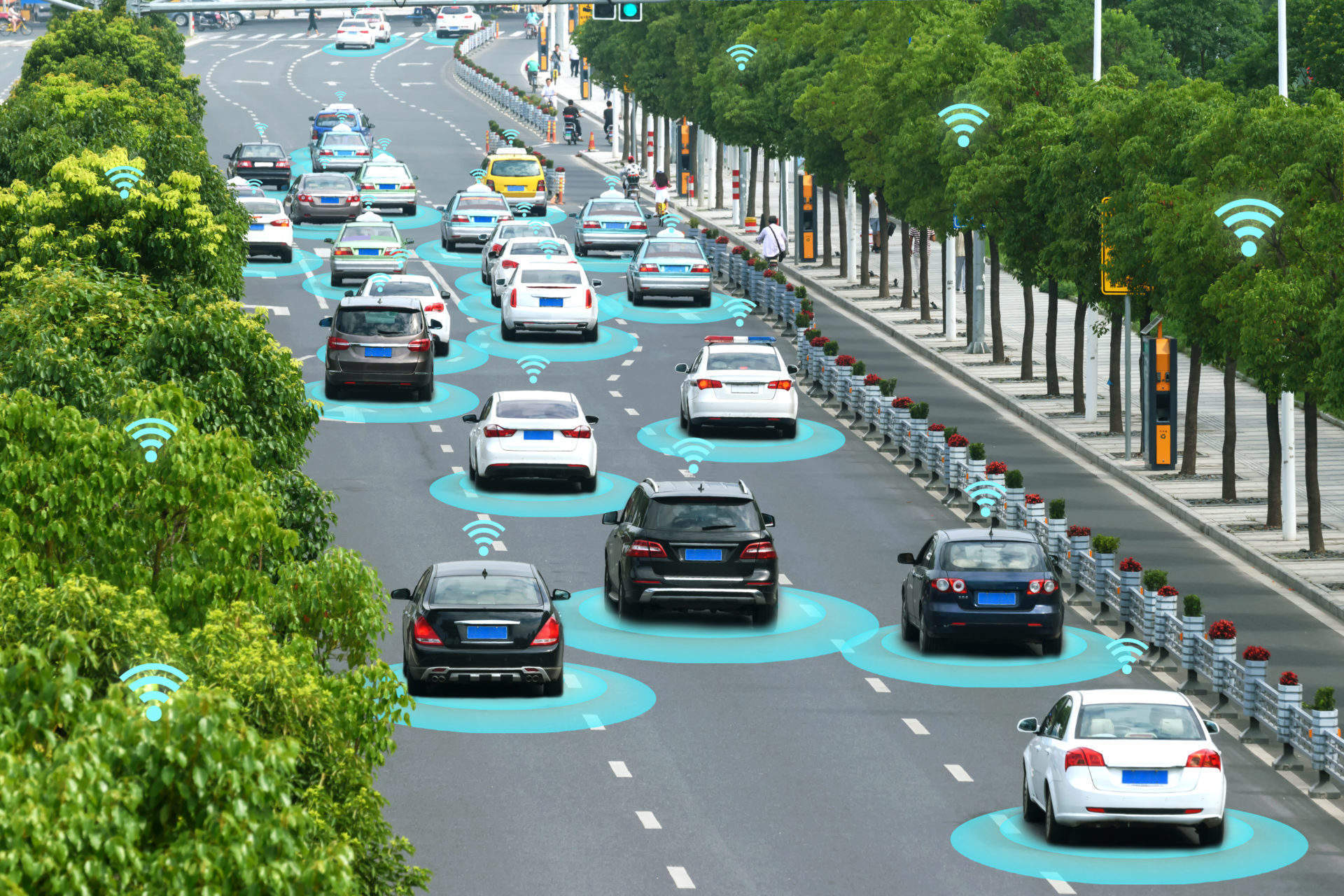
Private hire taxi company Addison Lee has announced it is partnering with self-driving software company Oxbotica to deliver self-driving vehicles to the capital by 2021.
With private car ownership declining at the same time city populations are expanding, the driverless car market is forecast to be the next major turning point in the automated industry. Forecasted to be worth £28bn in the UK by 2035, many are keen to be the first company to bring connected vehicles to the roads.

Access deeper industry intelligence
Experience unmatched clarity with a single platform that combines unique data, AI, and human expertise.
Addison Lee and Oxbotica aim to create digital maps of more than 250,000 miles of public roads in and around the capital, including every “kerb, road sign, landmark and traffic light” in order to prepare for the deployment of autonomous cars.
Through this, Addison Lee Group aims to offer “affordable, quality, ride-shared services to passengers currently underserved by existing driven transport modes, as well as explore opportunities to provide corporate shuttles, airport and campus-based services”.
The companies will go head-to-head with rival Uber, which is also gearing up to roll out their own driverless cars in the near future.
Starting in London, Addison Lee also plans to expand into other markets, including New York and other international markets.

US Tariffs are shifting - will you react or anticipate?
Don’t let policy changes catch you off guard. Stay proactive with real-time data and expert analysis.
By GlobalDataAndy Boland, CEO of Addison Lee Group said:
“Autonomous technology holds the key to many of the challenges we face in transport. By providing ride-sharing services, we can help address congestion, free space used for parking and improve urban air quality through zero-emission vehicles. We are proud to be partnering with a British technology pioneer and leader in autonomous vehicle technology, Oxbotica, and together we will continue our British success story in how we revolutionise the way people get around cities.”
Driverless cars in London
If Addison Lee’s plans come to fruition, driverless taxis could be coming to the streets of London within the next three years, a landmark moment in the race to be the first company to launch autonomous vehicles commercially. However, bringing driverless vehicles to the capital has been in the pipeline for the past few years. Last year, the UK government invested £38m in driverless car technology, and Chancellor Philip Hammond said that he wants fully driverless cars on the roads by 2021.
In addition, back in March Roads Minister Jesse Norman announced the start of a 3-year review by the Law Commission of England and Wales and the Scottish Law Commission to examine any legal obstacles to the widespread introduction of self-driving vehicles.
More recently, artificial intelligence firm FiveAI has been gathering information on road users after five data-gathering cars drove through the Boroughs of Bromley and Croydon this year ahead of a driverless car trial.
Is the city ready?
However, According to a report by the London Assembly’s transport committee from earlier this year, London will not be fully prepared for the roll out of driverless vehicles until 2030.
Although driverless cars have the potential to deliver a number of benefits for the transport system, connectivity issues, levels of congestion, and a lack of consumer trust may be barriers to adoption.
Automated vehicles could use road space more efficiently, the high level of congestion in London could be made worse through their introduction. According to MIT, while there will be fewer cars on the road overall, congestion will increase because commuters will likely choose the new vehicles over public transportation.
Another issue is that of acceptance. According to research by Goodyear Tyres and the London School of Economics, 55% of respondents would feel uncomfortable driving on roads alongside driverless vehicles, and 64% believe that humans should be in control of their vehicles.
Previous incidents have proved that, however rare, accidents caused by driverless cars are widely reported and affect the extent to which the public is willing to accept the technology. Last year, a fatal crash in the US reignited consumer concerns, despite the fact that 85-90% of road accidents are caused by human error.
The impact of 5G
A reliable 5G network could dramatically impact the capabilities of connected cars, and in doing so finally make autonomous vehicles a commercial reality. With high-bandwidth and low-latency (lag), 5G is set to be far faster than previous generations, meaning 5G is vital for automated car safety.
5G is predicted to be rolled out in the UK in 2020, so there is a possibility that the technology could be ready in preparation for driverless cars. However, it is likely to be a while before the country receives full coverage.
FiveAI chief executive Stan Boland told The Telegraph: “A European city is very different to US cities or a suburb. Our cities grew as Medieval towns with winding roads. The challenge we have is unique and massive.”







